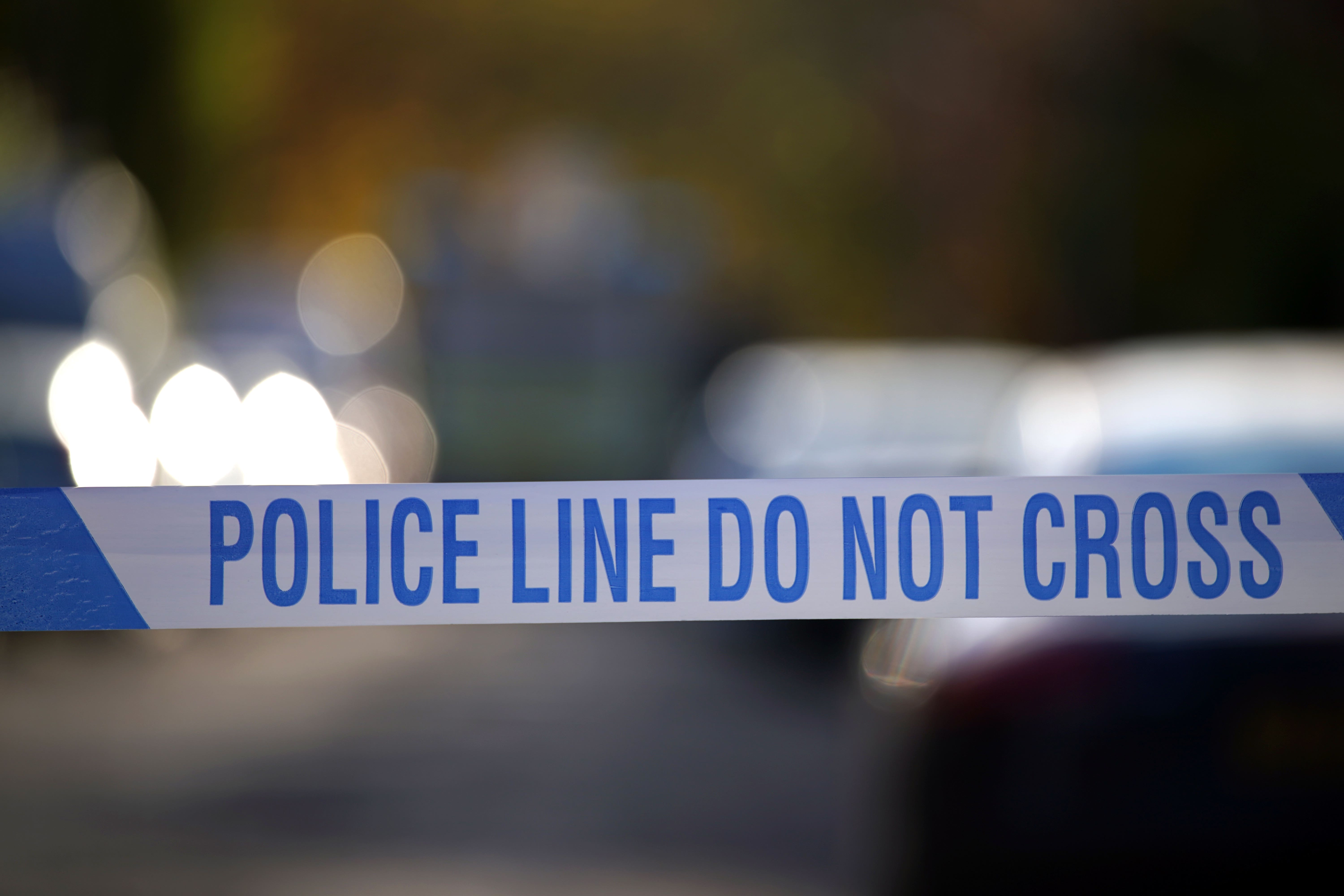Study launched to reduce ‘criminal’ use of plastic at crime scenes
Veteran crime scene investigator Becci Henderson is carrying out the study as part of her PhD at the University of Portsmouth.

A study has been launched into the “criminal waste” of plastic used by police officers at crime scenes.
Veteran crime scene investigator Becci Henderson is carrying out the study as part of her PhD at the University of Portsmouth in a bid to reduce the amount of plastic waste used by police when cordoning off and investigating serious crimes.
Ms Henderson, who worked as a crime scene investigator (CSI) for 22 years, said that each evidence exhibit generated an average of 55g of plastic waste with one crime scene creating more than 2kg of waste.
She said she had witnessed an “enormous” growth in the amount of plastics used and explained that the purpose of her study was to find a more sustainable approach, including compostable materials.
Ms Henderson said: “At just one job I generated more than two kilograms of waste, which all went in the bin and a lot of it was unused.
“We often can’t recycle or reuse the plastic so we need to look at reducing it at source.
“There is a need for a clinical way of working – but there are alternatives and there are ways of cutting down waste.
“There are improvements that can be made without impacting the quality and integrity of investigations. From an environmental point of view the current situation is criminal.”
She explained that plastic was used to protect scenes of crime officers (Soco) as well as to stop cross-contamination of the area being investigated.
Socos are required to wear two pairs of plastic gloves and a mask at most crime scenes as a bare minimum, with the addition of over-suits, hair nets and boots at major crime scenes.
This is innovative research that is looking at an important area of police activity to see if it can be done in a more sustainable way
Plastic drop sheets are deployed at all scenes, with almost everything used to collect evidence incorporating plastic.
As part of her three-year study, Ms Henderson will look at different approaches used by different forces around the UK before creating suggestions to improve the situation.
She said: “There are a number of things we can look at to improve. The design of packaging, expiry dates, behaviours and product design.
“For example, swabs are too long. They were originally manufactured for medical use and could be redesigned for forensic work.”
Dr Paul Smith, interim head of school at the university’s Institute of Criminal Justice Studies, said: “This is innovative research that is looking at an important area of police activity to see if it can be done in a more sustainable way.
“Becci’s investigation is likely to have a positive impact on policing as well as the environment.”
In November 2021, the University of Portsmouth launched its Global Plastics Policy Centre to provide evidence to governments and industry groups on how to improve their use of plastics.
Bookmark popover
Removed from bookmarks